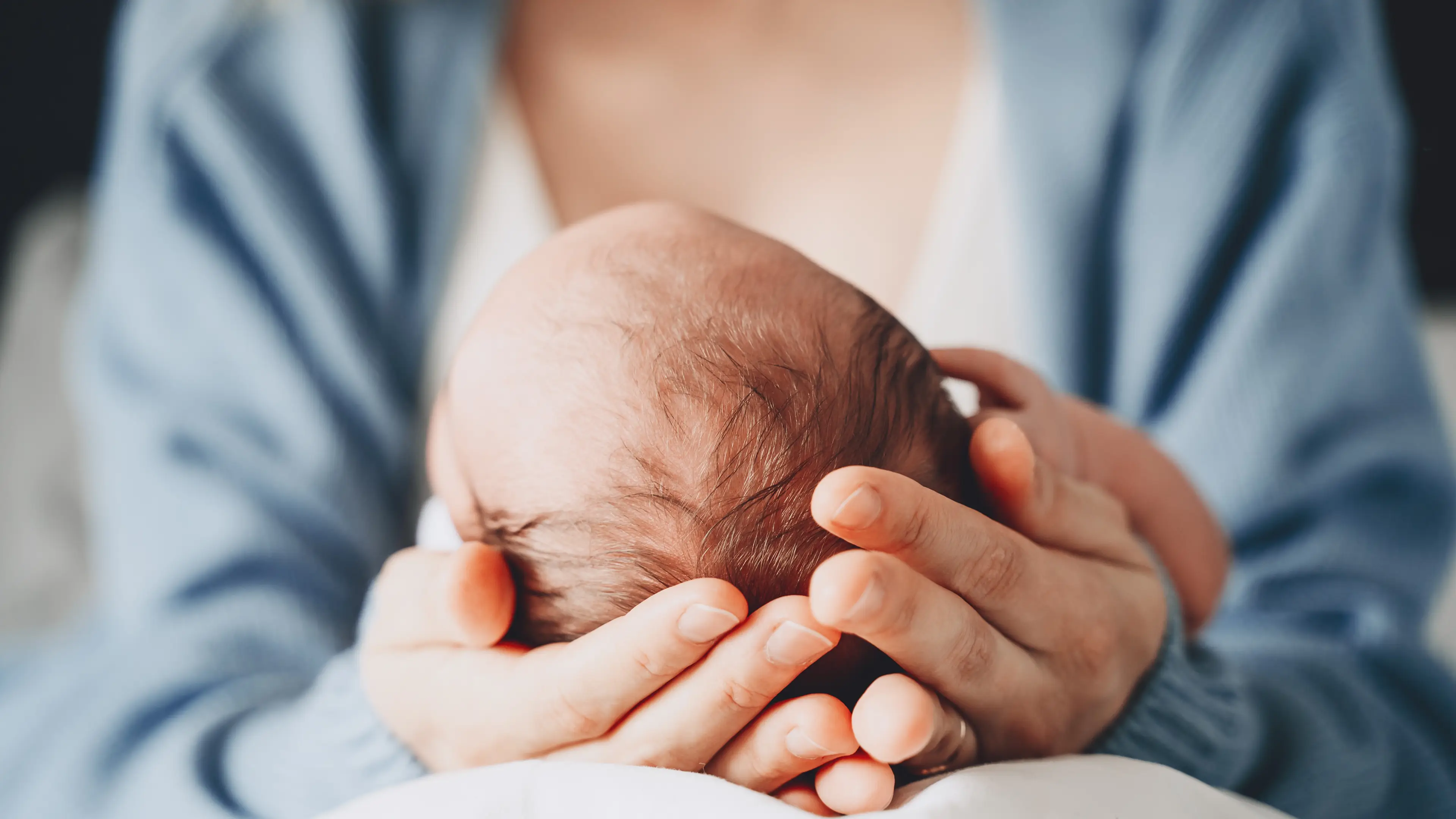
People are being warned about the safety of home births following the tragic death of a newborn in Melbourne, Australia.
Last week (6 August), the Coroners Court of Victoria ruled that the death of a newborn was likely preventable after her mother opted for an unassisted home birth.
In December 2022, the mum, referred to as Ms E in the legal proceedings, went into labour with her daughter at home.
But unlike planned home births where a midwife is present, E had opted for an unassisted 'free birth', having got in touch with influencer Emily Lal, known as The Authentic Birthkeeper on Instagram, to hire a 'freebirth' pool.
Advert
Lal describes herself as being 'disillusioned with the medical system' and believes that midwives are 'complicit in, and contributing to, the harm of women'.
After hiring the pool, documents state that the pair kept in touch 'socially', and that Lal would be 'conducting a post-partum visit' after the birth. The mum added that she did not seek any advice or service from the influencer.
Tragically, the birth did not go to plan, with E being unable to deliver the placenta until the following day.
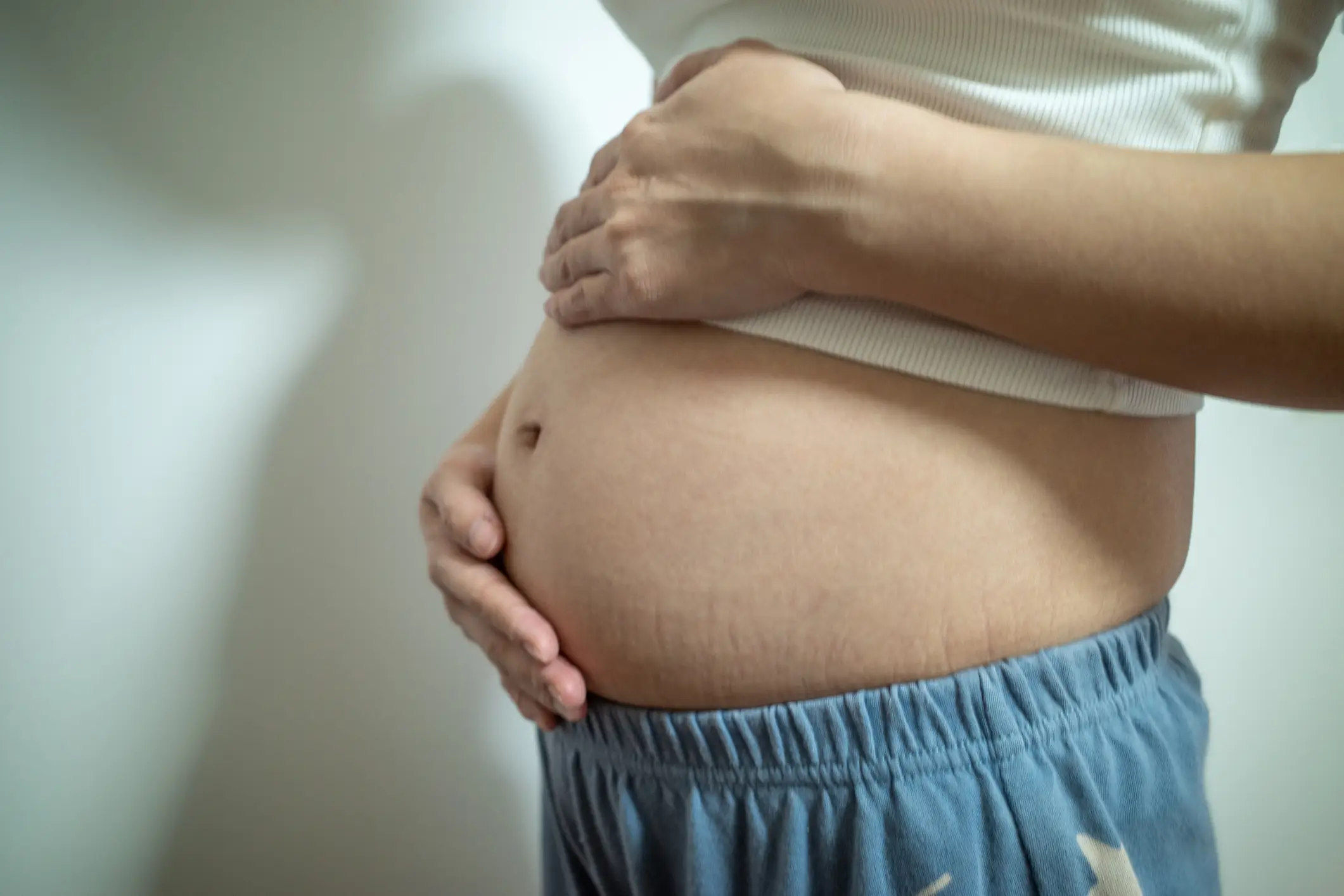
Shortly after, E noticed something strange about her daughter, despite the baby girl being born 'healthy', prompting her to message Lal, 'We can’t wake her, we aren’t sure if she’s breathing', along with a photo of the baby, whose face had begun turning blue.
According to the inquest, the influencer didn't see the message for 25 minutes when she messaged back to say she believed the baby had passed away and urged E to call an ambulance.
Despite the best efforts of medics, the newborn was unable to be revived.
The tragic death of the baby girl has put the spotlight on the safety of home births, after a coroner ruled the baby would have likely survived had she been born in a hospital.
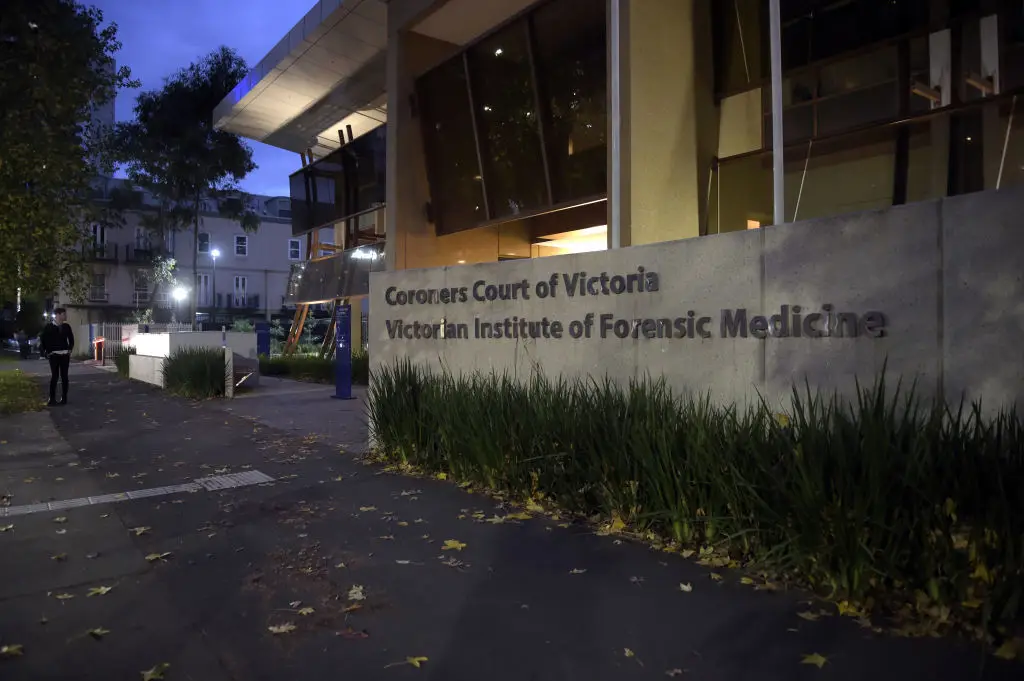
What's the difference between a home birth and a free birth?
It's important to note that a planned home birth agreed with your healthcare team and a free birth, like Ms E embarked on, are very different.
While both involve giving birth outside of a hospital setting, a home birth involves the presence of a healthcare professional, such as a midwife, while a free birth is completely unassisted without any medical professional.
Catherine Fitzgerald, the coroner at the Court of Victoria, emphasised this during her ruling, explaining: "A homebirth is distinguished from a 'freebirth', which is when someone chooses to birth their baby without medical or midwifery assistance.
"The publicly available information regarding water birth … are not directed at women intending to birth at home with no medical assistance or antenatal medical management.
"It is difficult to see how these guidelines could be of practical use in a freebirth where no one with appropriate medical training is involved."
Is it legal to have a free birth?
In the UK, it is completely legal to have a free birth and to decline some or any antenatal care.
Nobody can be forced to have any medical care they do not want unless they lack the capacity to make decisions for themselves.
However, that doesn't mean a free birth is recommended, as medics warn you could put your unborn child at serious risk should complications arise.
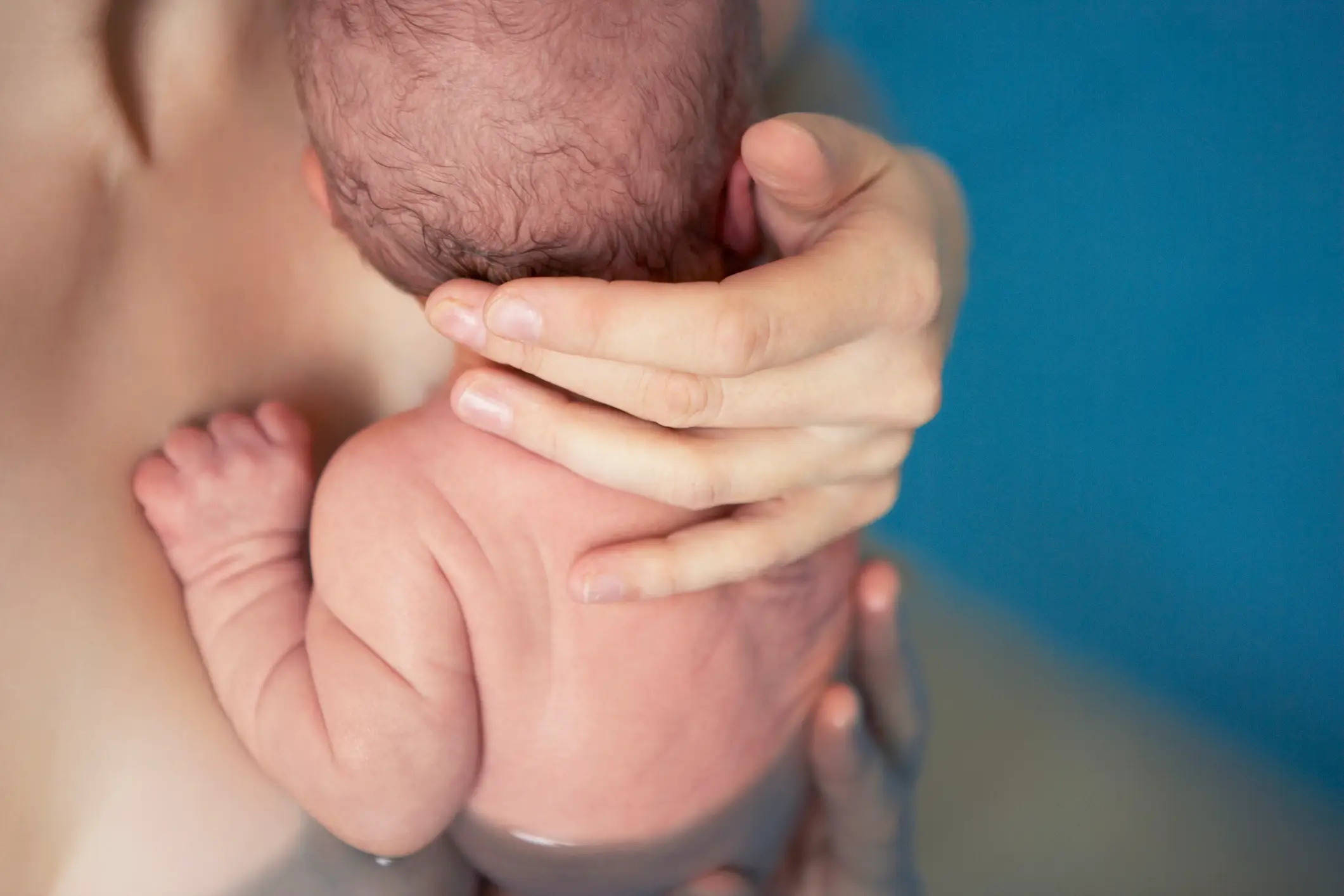
How is a home birth planned?
Those who choose to have a planned home birth will create a birth plan, which involves choosing a well-qualified midwife who will attend to help deliver the baby, as well as any other people they want present at the birth.
They may also make arrangements for things such as birthing pools to be brought to the home and create a plan in the event they need to go to hospital during the birth.
What are the risks of a home birth?
While most pregnant people deliver at home completely fine with the help of a midwife, one of the main things to consider is the need to go to hospital should complications arise during the birth, which takes longer to get treated than if you were already in that medical setting.
Another major consideration is pain management, given the fact that epidurals are not available at home.
People with pre-existing health conditions or first-time mums could also be more at risk of complications during a home birth, according to Mayo Clinic.
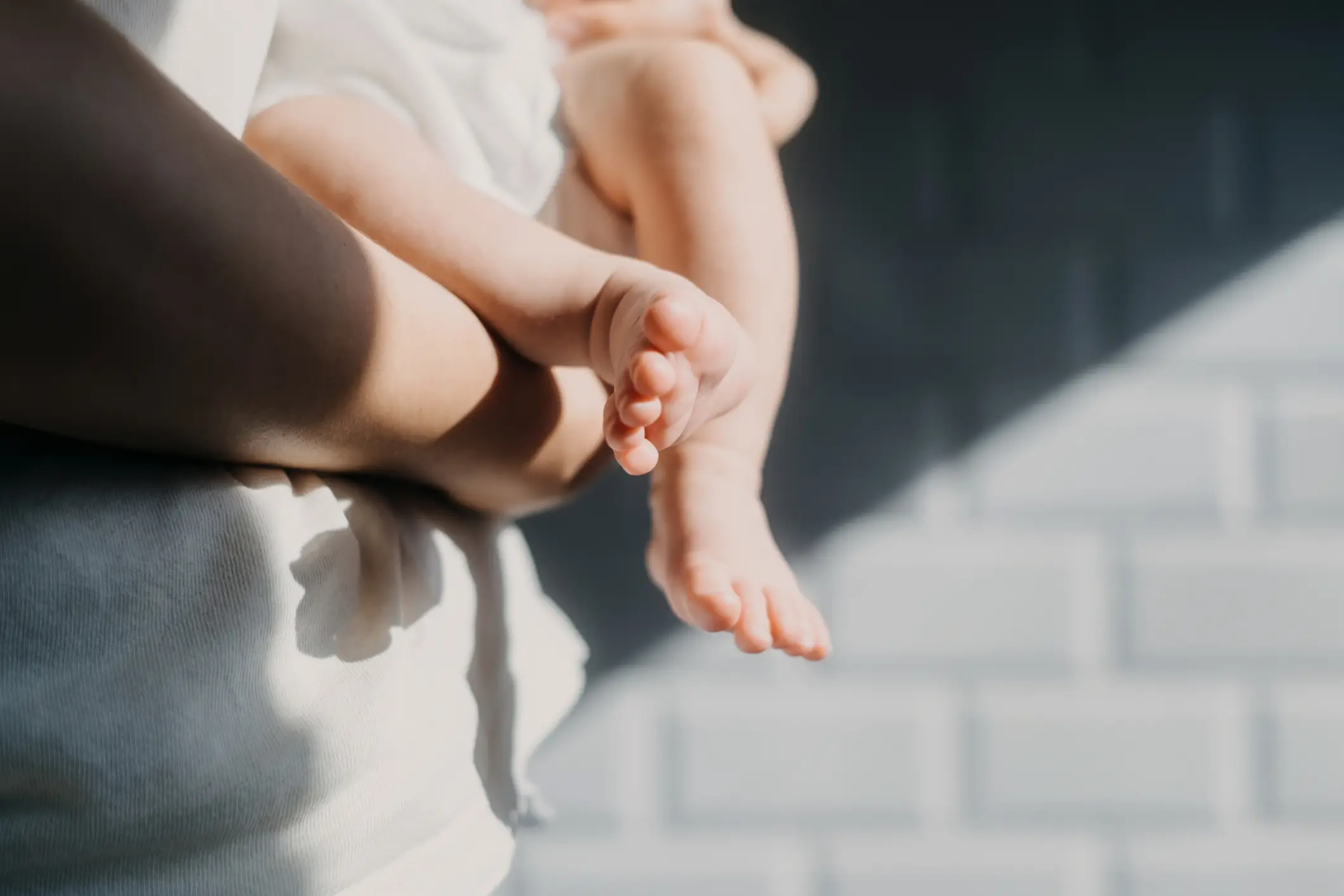
When should a home birth be avoided?
There are a few instances where opting for a home birth would not be recommended by medics, these include:
- Being pregnant with more than one baby
- Having undergone a C-section in the past
- The baby is breech/can't be delivered head first
- There have been complications throughout the pregnancy
In the case of Ms E's little girl, the coroner did not make any adverse findings against the parents or Lal. In an Instagram post appearing to respond to the coroner's findings, Lal wrote: "It’s devastating when a baby dies, regardless of where or how.
"However the difference between how a mother is treated when her baby dies in a sovereign birth at home versus when a baby dies in the system be in hospital or at home with private midwives is so stark.
"I can’t help but feel that the entire coronial process has been used as a stick to punish the mother involved in the death that is being reported in the media and anyone associated with her."
Tyla contacted Emily Lal for further comment.
If you need support and advice following a pregnancy loss, you can contact the Tommy’s team at [email protected]. You can also call them for free on 0800 014 7800, Monday to Friday, 9am to 5pm.